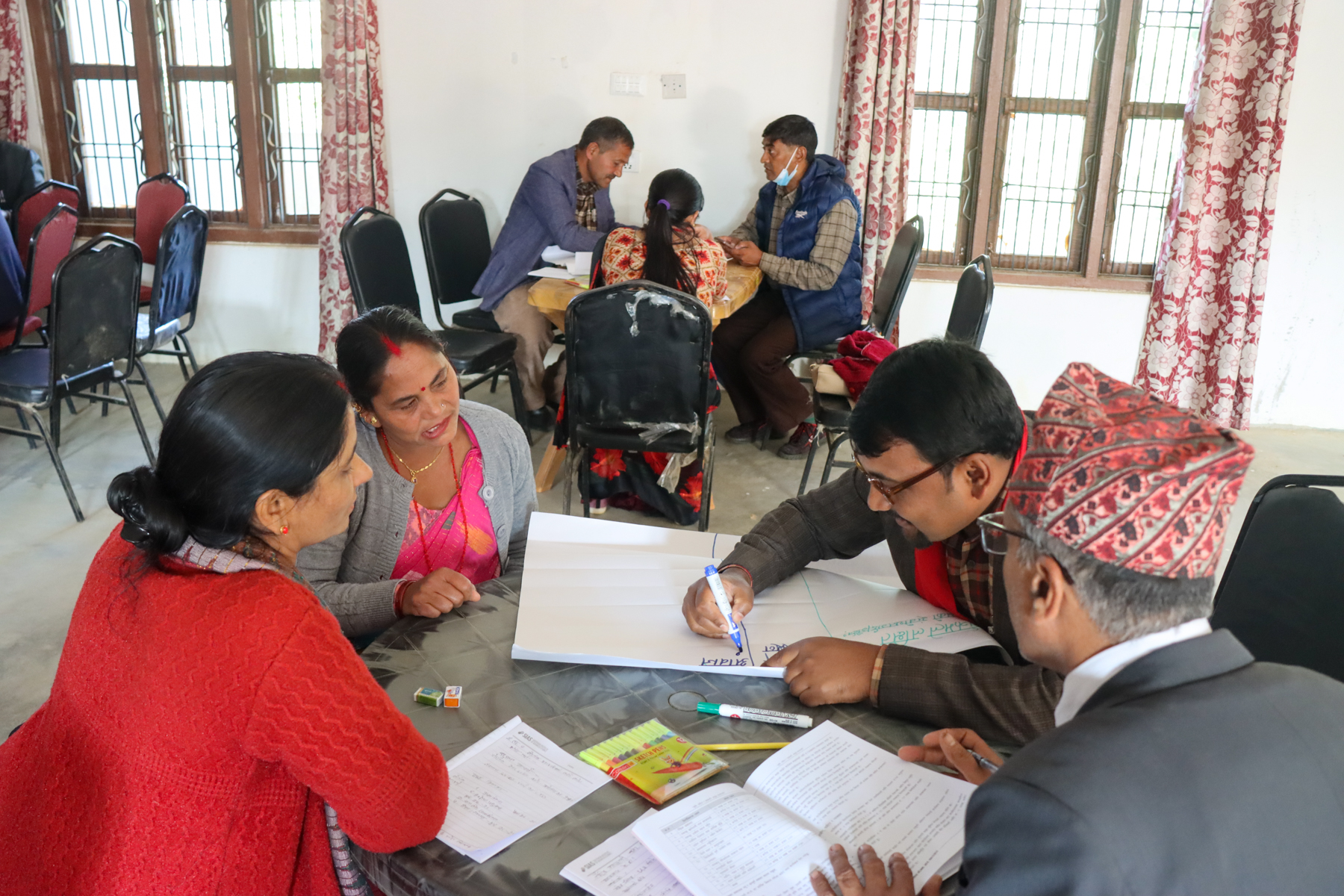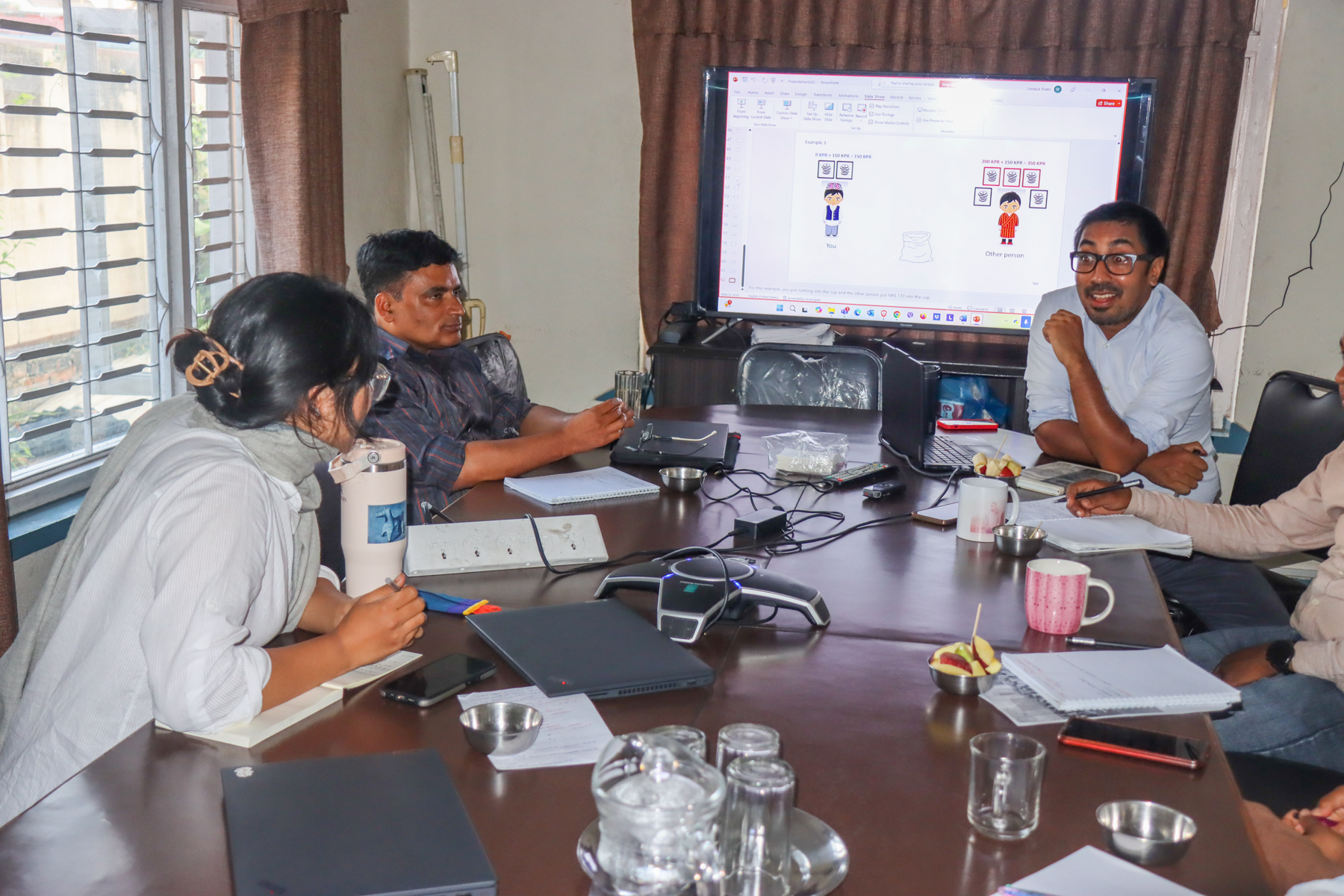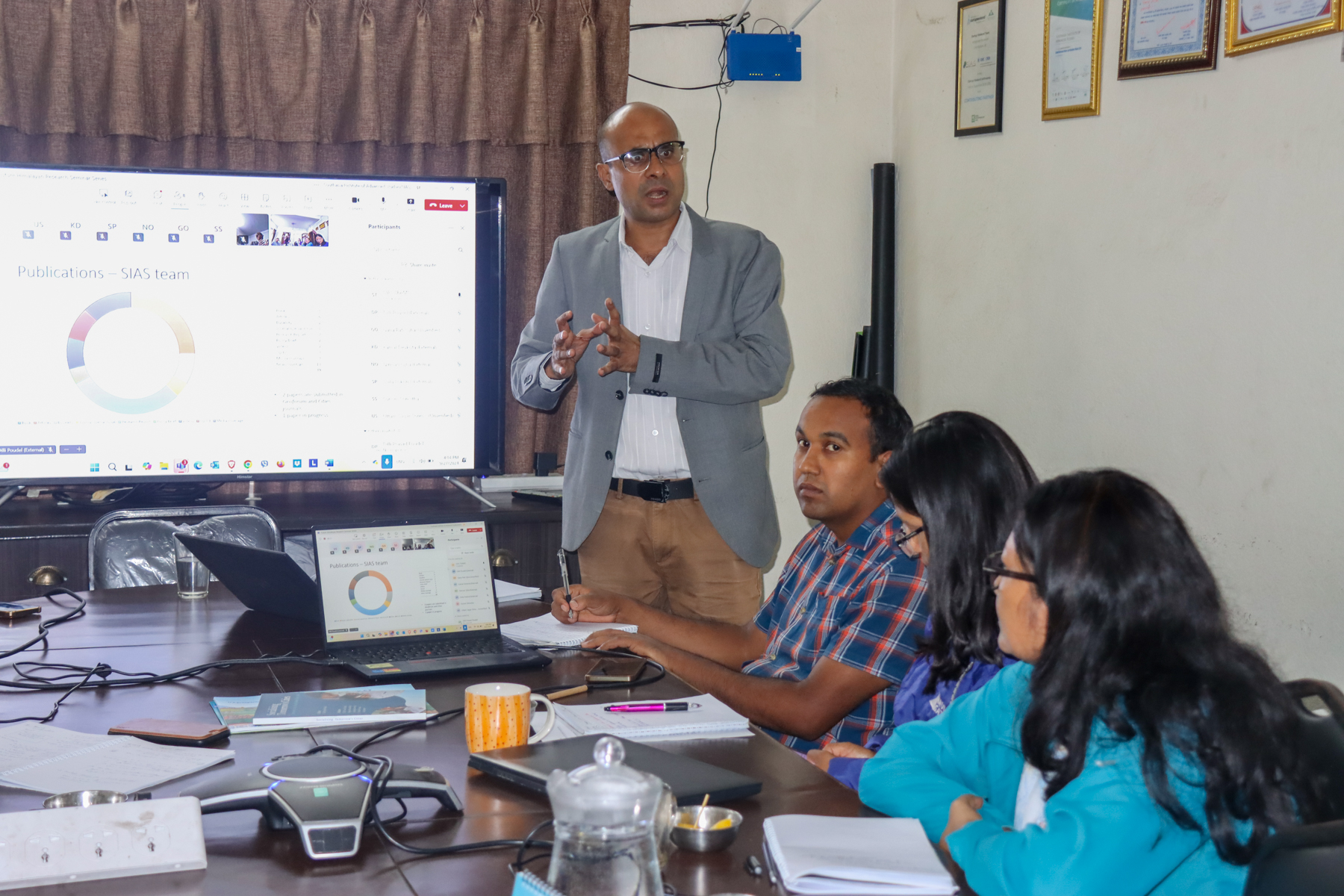An Examination of the Factors Impacting on the Farm Bargaining Intentions of Smallholder Women Farmers in the Eastern Gangetic Plains
As a part of the ongoing Future Himalayan Research Seminar Series, SIAS organized a seminar entitled “An Examination of the Factors Impacting on the Farm Bargaining Intentions of Smallholder Women Farmers in the Eastern Gangetic Plains” on 8th October, 2021. The seminar was delivered by Dipika Das.
Seminar Overview
Various studies have confirmed that women smallholders have low farm bargaining power and that bargaining intention is a predictor of bargaining behaviour. However, this phenomenon has not been studied within the farm bargaining context. To fill this theoretical gap, the main objective of this research was to explore the factors influencing the bargaining intentions of women smallholder farmers in the Eastern Gangetic Plain region (EGP). The theoretical foundation of this research is the theory of planned behaviour, which argues that attitudes, behavioural norms and perceived behaviour control determine behaviour. Hence, three research questions were formulated to examine the impact of the three factors on the bargaining intentions of these women smallholder farmers. An interpretive paradigm was employed using a qualitative phenomenological approach and case study methodology. Data were collected by conducting in-depth interviews with 35 women smallholders and 17 interviews were conducted with the farmers’ bargaining opponents in the EGP region. A thematic analysis was employed to inform the research questions using NVivo. The findings of the study shows that four farm bargaining spheres were evident, which consisted of multiple bargaining issues. Examining these spheres and bargaining issues enabled the identification of the bargaining attitudes, behavioural norms and perceived behavioural control of women farmers and the related impact on their intention to engage in farm bargaining. The smallholder women farmers intention to engage in farm bargaining was embedded in power dynamics based on personal, product-related, sociocultural and institutional factors. These factors affected their attitudes, subjective norms and perceived behavioural control and consequently their farm bargaining intentions. Thus, it was found that the theory of planned behaviour can indeed be effectively used to explore and explain the antecedents of women farmers’ intentions to engage in farm bargaining.
About Future Himalayan Seminars
Future Himalaya: Seminar Series on Environment and Development is a research sharing platform to present recent and on-going studies where researchers can meaningfully engage with each other and share knowledge. Not limiting itself to presentation and feedback loop, the seminar is also a platform for researcher to build social and intellectual relationship with contemporaries and experts from diverse array of research tradition within the overarching theme. Research seminar series a bi-monthly event with open access to everyone interested. The seminar is planned for 1.5 hours, with first 45 minutes for presentation and the later half to engage with the audience for discussion and debate.




